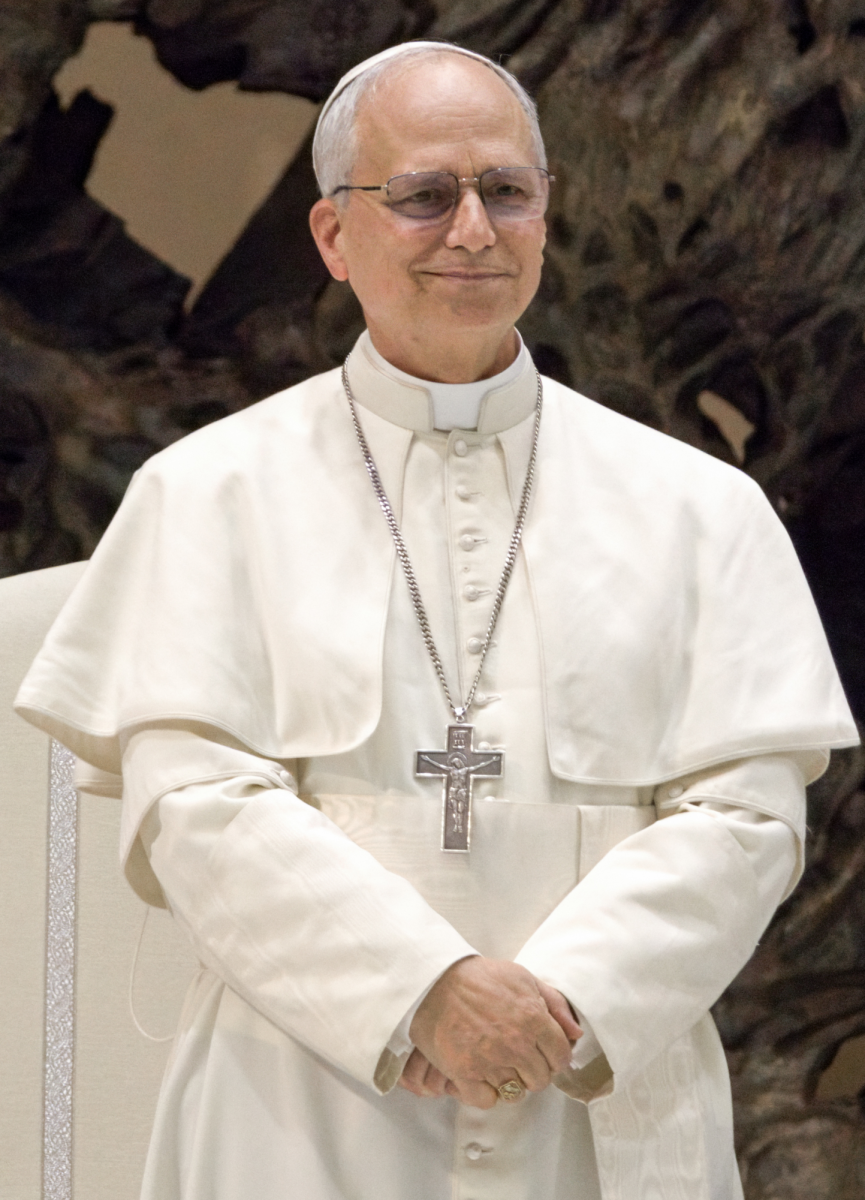The Hogfather: Book Review
May 26, 2015
At its core, The Hogfather by Terry Pratchett (an author with whom students may be familiar) is a book that challenges the reason for beliefs and criticizes society’s propensity to commercialize tradition. First, Pratchett begins by introducing the “Auditors,” beings that monitor the Discworld, often to decide between life and death. They are supposed to be completely unbiased, as soon as they display an emotion or personality trait, they vanish. But what they want most is not to avoid this – their goal in The Hogfather is quite literally to “inhume” the title character.
The Hogfather in this Discworld novel draws comparisons to modern Santa Claus, though his flying reindeer are replaced with pigs. The Auditors consider him a threat, and thus hire Mr. Teatime (“Teh-ah-tim-eh”) to assassinate the Hogfather. To keep belief alive, Death takes over the Hogfather’s job, and hilarity ensues. As Death gives children gifts not suited to them, such as a sword and a horse in an apartment, his granddaughter, Susan, fights to stop Mr. Teatime. Along with the God of Hangovers and Death’s horse Binky, Susan travels throughout the Discworld to track down Mr. Teamtime and his gang of thieves. Along the way, she runs into even more mayhem among the wizards of Unseen University. It’s here that Pratchett calls attention to belief.
The wizards unknowingly conjure various creatures and beings due to the Hogfather’s absence, simply by believing in them. A gnome that places warts on their feet, an elephant-like creature that eats socks (to explain socks that go missing), and an elderly kindergarten teacher-style fairy that wails unless the curmudgeonly old wizards play along with her cheerfully. In addition, Pratchett highlights childhood realities; children fear supposedly fake monsters that adults cannot see, but it does not make those monsters any less real.
Thus, Pratchett aims to question the reasoning behind individuals’ beliefs in this book. If humans did not believe in the sun, would the sun still rise? According to Death, “A MERE BALL OF FLAMING GAS WOULD HAVE ILLUMINATED THE WORLD” instead. In other words, the only reason the sun, as it’s known, rises is because humans believe it does. Gods that exist only to serve as explanations are real, simply because humans believe they are. Therefore, Pratchett suggests that anything can be real, but only if belief in it is strong enough.























